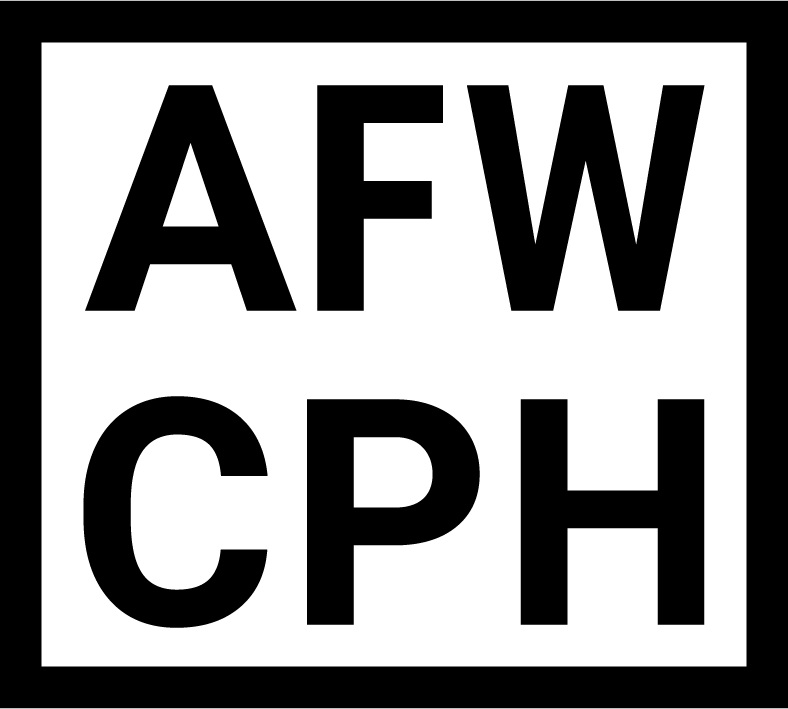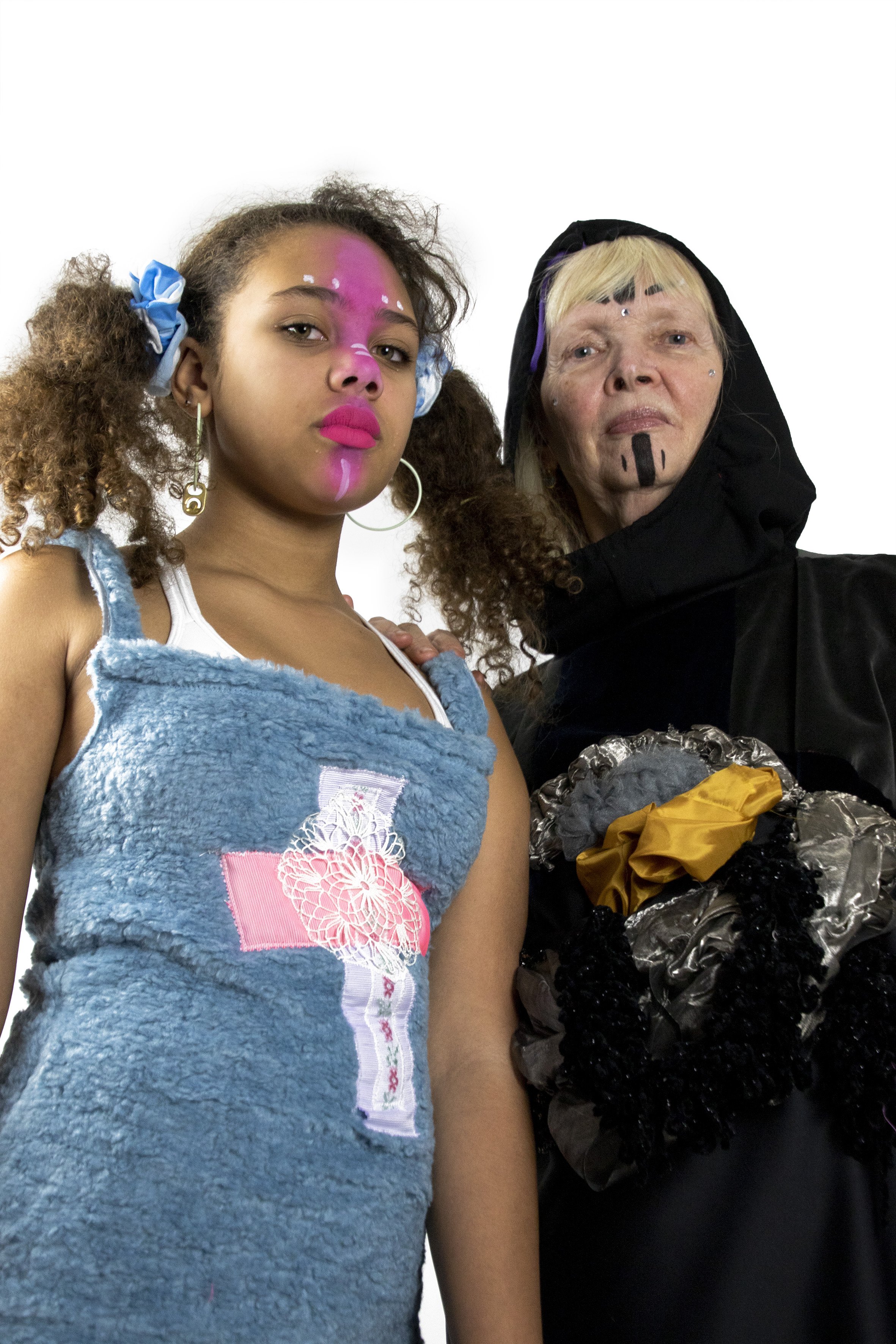"Every piece of clothing you wear on your body is made by another human being"
Alternative Fashion Week CPH is embedded in a vision of nurturing substantial change in the fashion industry. There are countless examples in the mainstream fashion industry of fashion brands that are guilty of greenwashing and pinkwashing and in general making incremental social and environmental change. We have all experienced the fails and flaws of commercial fashion in both our professional and private lives. At the same time, we have experienced powerlessness and the feeling of inability to stand up to the system and make changes to the status quo. Alternative Fashion Week CPH is our contribution to pushing the fashion industry in a sustainable direction by illuminating and fostering an actual alternative to how the industry runs today.
The narrative of the mainstream fashion industry today is that it is possible to fix the problems created by the industry by adjusting the already existing business model, thereby still relying on the capitalist structure as a foundation. In contrast we believe that the capitalist structure that created the social and environmental problems cannot be the solution the problems. That is why we collaborate with brands and designers who have committed themselves to completely rethinking the way they create fashion.
In the following you can read about the specific social and environmental initiatives we have made in order to support sustainable fashion brands and foster substantial change in the industry.
Social CHange.
The mainstream fashion industry relies on cheap, outsourced labor in order to keep the prices low When it comes to creating lasting social change in the fashion industry, we must remember that all clothes are handmade. Behind every cheap piece of clothing there is an underpaid factory worker. In Alternative Fashion Week CPH we emphasize three main social problems that we are actively working to change:
The working conditions in the factories in Southeast Asia are both inhumane and dangerous. As an absurd prevention for suicide in the factories, managers set up a net to catch people throwing themselves into certain death instead om creating better conditions.
We are used to paying too little for our garments. In that way it is not the end-consumer who pays the price but the underpaid factory workers. The consumers should be habituated with paying more for their garments.
We identify the beauty ideal as a key problem when it comes to social sustainability. Making people feel bad for how they look is bad enough on its own, but it is also problematic in relation to our consumption patterns. Not feeling good enough as you are drives insatiable consumption, as you fall into a never-ending search for something that makes you feel good enough.
In Alternative Fashion Week CPH we only work with local and socially sustainable designers. Our model cast for our runway is diverse and we facilitate conversations about the beauty ideal and the problems with it through debates and lectures involving the audience.
The fashion industry is responsible for 11 percent of the global greenhouse gas emissions that stems from human activity which is more than flying and shipping combined. These are a mainly a result of overproduction and lack of recycling. We point to three of the main environmental sustainability problems of the methods of mainstream fashion that we contribute to changing:
The detrimental methods of the fast fashion industry. Fast fashion is a business model where high volumes of clothing are produced at an extremely fast pace. The clothes are made from cheap materials in order for costumers to be able to buy inexpensive garments. New clothes arrive in the stores weekly nurturing a throwaway culture with an insatiable consumption and a problematic production model. What they describe as unavoidable consequences, we describe as preventable, ecological disasters.
The practice of incineration of excess inventory instead of selling it at a discount executed by luxury brands in order to maintains the value and exclusivity of the garments.
he outsourcing of production to Southeast Asia resulting in carbon heavy transport between the different links in the production chain until the garments land in the stores for the end costumers to buy in the western world.
We have dedicated our platform to designers, who actively work with alternative methods to solve these problems. We prioritize collaborations with underground designers who have decoupled their business from environmental bads. This includes brands who base their creations on reused materials, local production and have a reduce-recycle plan. Our event also includes initiatives to teach people the value of clothes and how to prolong the lifetime of garments through workshops.

